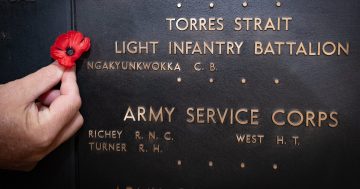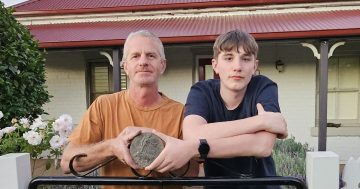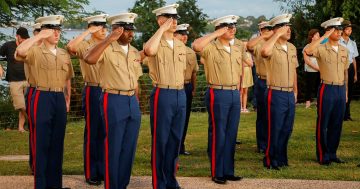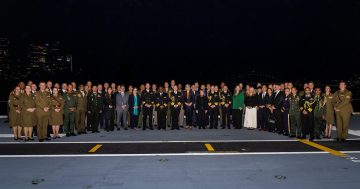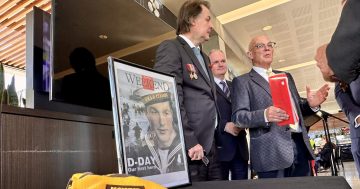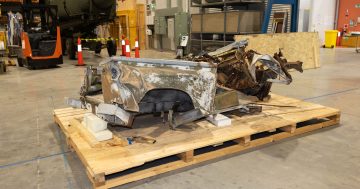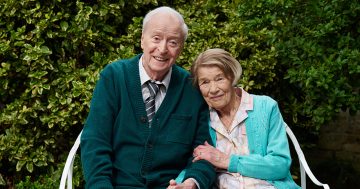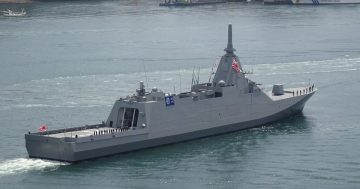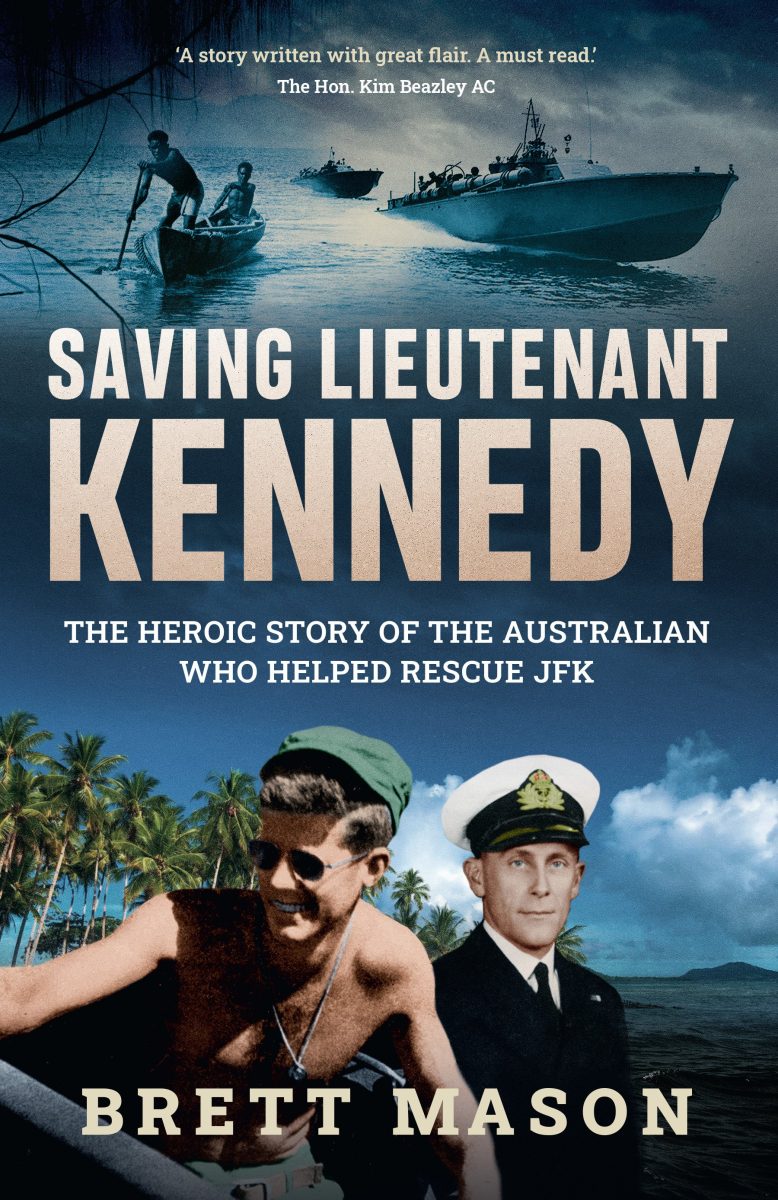
Saving Lieutenant Kennedy is an extraordinary historical story from World War II that captivates the imagination. Photo: Supplied.
Saving Lieutenant Kennedy is one of the most remarkable, compelling and eloquent historical stories of World War II. By reading it, we learn about a survival story that overwhelms us. It’s related to an Australian hero – Arthur Reginald ”Reg” Evans – who helped save the life of the future 35th president of the United States.
A US torpedo boat commanded by Lieutenant John F Kennedy, on patrol in the Solomon Islands, was rammed by a Japanese destroyer on a moonless night in August 1943. Within sight of Japanese encampments, the 11 surviving members of Kennedy’s crew were left clinging to wreckage.
The future appeared bleak for the shipwrecked Americans as they were listed as missing, presumed injured or dead, behind enemy lines, with no food or water. They were stranded on small islands in the South Pacific, but after some time, they made their way ashore to a small uninhabited landmass.
Luckily for them, Australian ”coast watcher” Lieutenant Reg Evans witnessed the immediate aftermath of the collision from his nearby jungle hideaway. Over the next five days, Evans and two Solomon Islander scouts – Eroni Kumana and Biuku Gasa – working under the penetrating scrutiny of the Japanese military, guaranteed the rescue of Kennedy and his crew.
While this story of wartime courage and endurance helped create JFK’s legend and paved his way to the White House, it also shone a spotlight on Australia and America’s shared wartime experience.
Brett Mason, author of Wizards of Oz, sets the heroic rescue and its exciting aftermath against the background of the Pacific War. This backdrop also lends credence to the birth of the Australia-US alliance, which remains as vital today as when Kennedy and Evans first shook hands. However, according to Mason, this is neither a comprehensive study nor a critical analysis of the US-Australia relationship.
“It is a story about how and why it started, about how we first got to know each other,” Mason said. “It is a story of the beginnings – the birth, or perhaps rather a shotgun wedding – and the foundations of the bond between our two nations, however shaky, tenuous and wary they have been sometimes been.
“Above all else, from Jack Kennedy and Reg Evans to millions of American servicemen and Australian soldiers and civilians, it’s a people’s history: a story of two nations from opposite sides of a great ocean, similar in some ways but very different in others, unexpectedly blown together by the winds of war, and what we made of each other – and how that has mattered ever since.”
Mason said late 1941 to mid-1943 was the most dangerous time in Australia’s history.
“At war since 3 September, 1939, most of our troops had been sent to fight Nazi Germany and its fascist allies in Greece, the Middle East and North Africa. Australia itself lay defenceless as Japan commenced its juggernaut through Asia and the Pacific. It was the hour of our greatest danger and our greatest need.”
The relationship between Evans and Kennedy, in many ways, binds Australia and America.
“Our relationship with America more broadly has been more equivocal, and certainly less romantic, but never less than consequential. If the wartime marriage was one of convenience, we are still together eighty years later.
”Our bonds are made strong not just by mutual affinities but also common challenges. If the handshake on the beach between Kennedy and Evans symbolised its beginning, the story is still being written today.”
Saving Lieutenant Kennedy, by Brett Mason, NewSouth Books, $34.99


